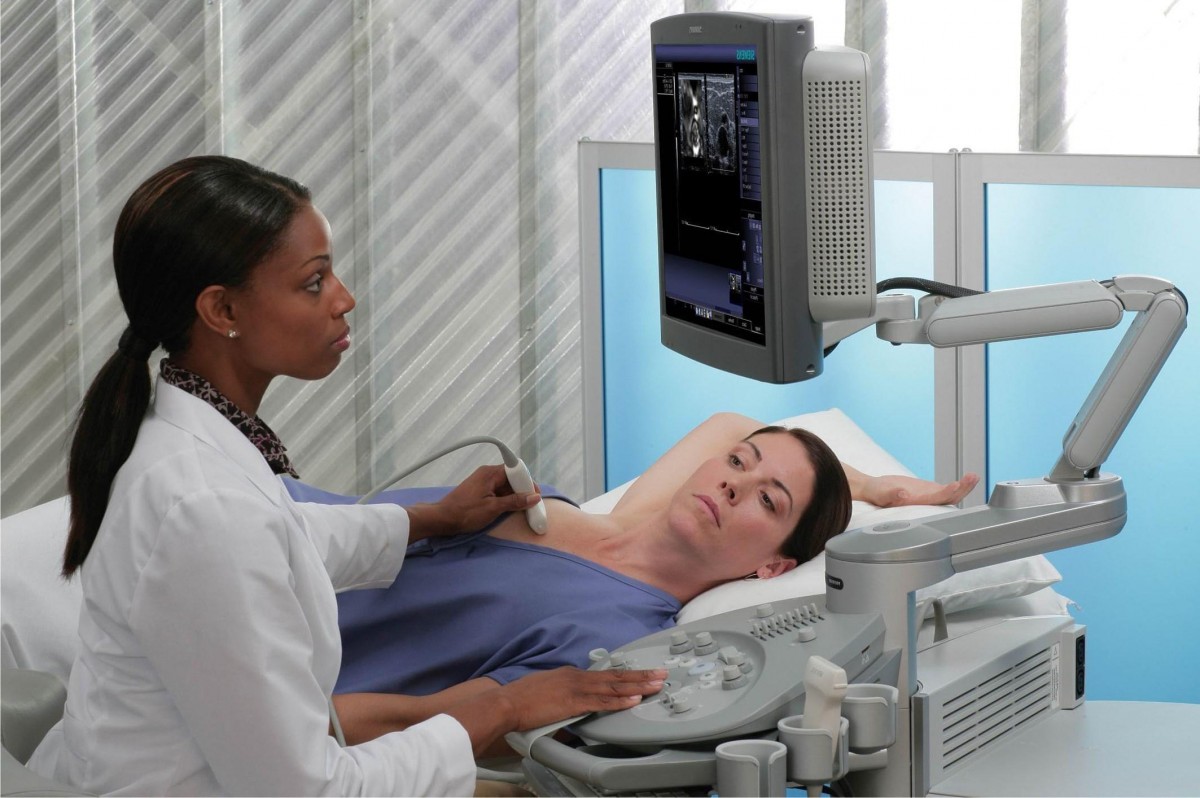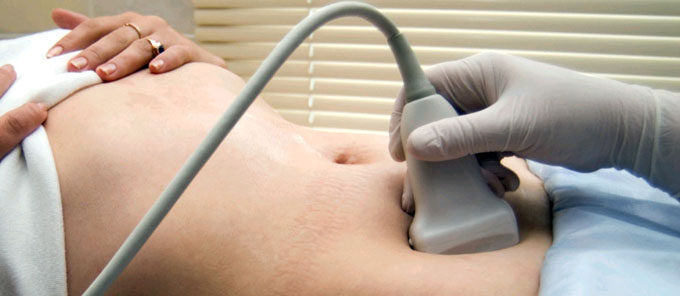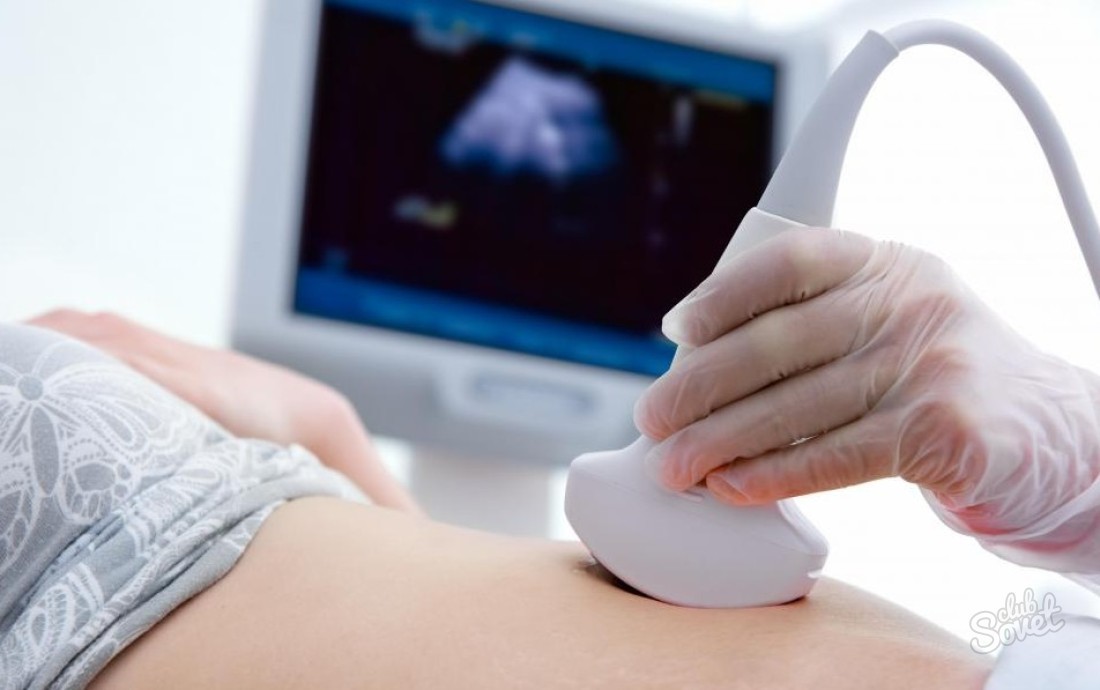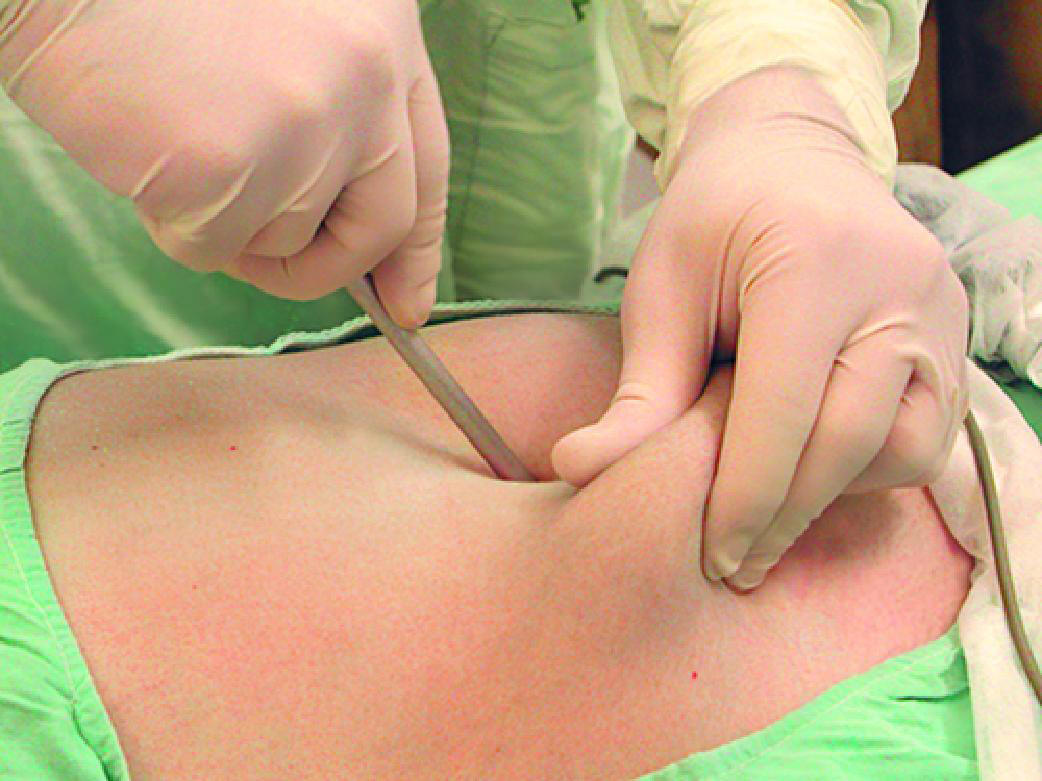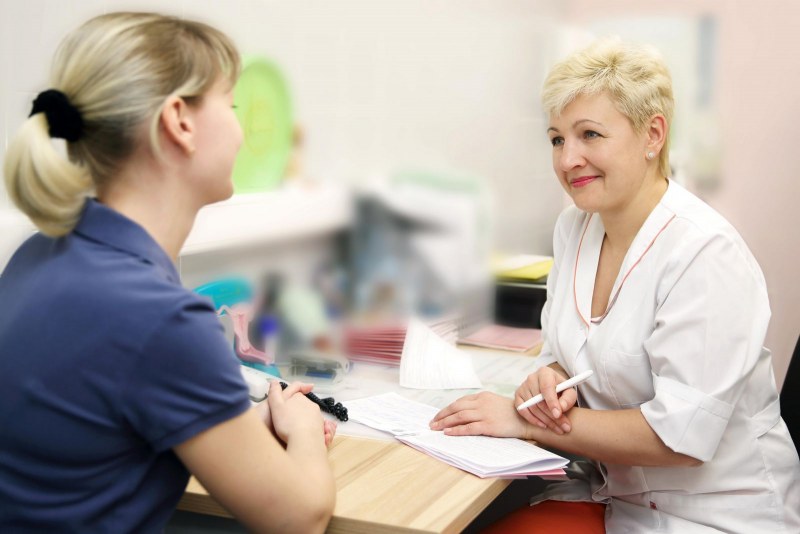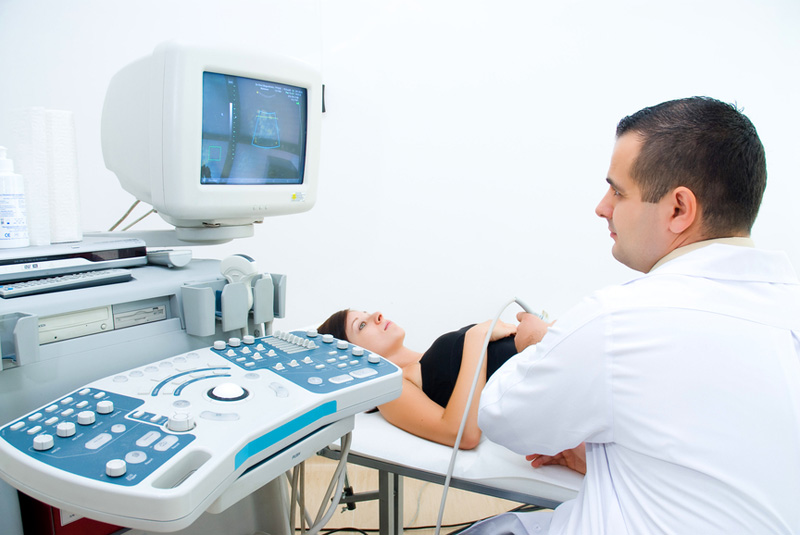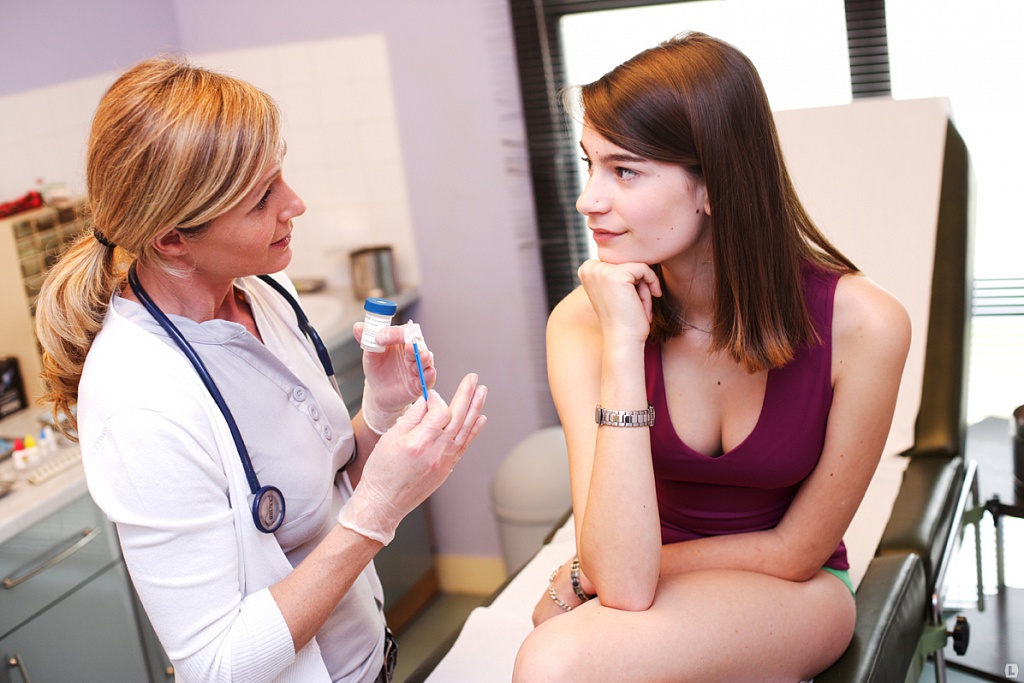
wearing a mask makes my allergies worse
м. Київ, вул Дмитрівська 75, 2-й поверхwearing a mask makes my allergies worse
+ 38 097 973 97 97 info@wh.kiev.uawearing a mask makes my allergies worse
Пн-Пт: 8:00 - 20:00 Сб: 9:00-15:00 ПО СИСТЕМІ ПОПЕРЕДНЬОГО ЗАПИСУwearing a mask makes my allergies worse
If you take away the exposure, the tolerance wanes. Pollen grains can be as small as about 10 micrometers, but surgical masks can catch particles as small as 3 micrometers. For some people, breathing pollen-laden air can cause: All of this can bring about sinus issues. The effect of mask usage on sinus symptoms was recently explored in a study by Dror et al. The exception: If anyone you live with shows signs of illness, even if its just the sniffles, or has been around someone whos been sick, then wear your mask indoors around them, Coletta says. This causes expansion of tissues and increased nasal congestion which results in the perception of decreased ability to breathe through the nose. Allergic rhinitis is not the same as sinusitis. While Crosby doesnt believe that sinus issues are worsened by mask wearing, she does note that some people may perceive its more difficult to breathe with a mask [during] the summer months due to the increase in temperatures and humidity., Despite this common perception, Crosby says that mask-wearing, even in summer heat, is very safe.. During the current pandemic and beyond, it is important to ask patients about their face mask-wearing experiences and inquire about dry eye symptoms with mask wearing. They urge people whove had existing skin issues to consult with an allergist when choosing a face mask. Fairfax, VA 22030 We tapered down the prednisone and advised him to use a topical steroid and a topical immunosuppressant until the rash resolved. This could indicate fewer sinus infections, but it could also be related to people avoiding crowds and hospital settings due to COVID-19. https://www.nytimes.com/2021/03/31/well/live/mask-allergy-symptoms.html. Emollient eye drops may be the most effective in preventing symptoms by preserving tear film. Anecdotally, some medical professionals have seen more viral URIs in kids due to loosening mask mandates. Is a Headache a Common Symptom of COVID-19? People with sensitive skin may react to dyes in some fabric masks and should use perfume-free detergents. When wearing two masks, make sure you can see and breathe easily, CDC says. Whether you will get a sore throat from wearing your mask depends on . } You might also want to. At airports, I generally wear a mask when moving around, including when going through security, as well as when I'm in crowded spaces. Fact: Most masks will reduce your risk of getting sick, but only if you wear them the right way. They dont restrict your breathing, Coletta says. And unless you wear a mask at all times, you may still be affected by indoor allergens such as dust mites or pollen carried through open windows on spring breezes. Most people with sinus symptoms note that their quality of life improves with mask-wearing. (People are being hit the hardest in Scranton and Pittsburgh, Pennsylvania; Richmond, Virginia; Wichita, Kansas; McAllen, Texas; Bridgeport, Hartford and New Haven, Connecticut; Springfield, Massachusetts; and Oklahoma City, Oklahoma, according to AAFAs latest report on allergies.). If your mask is getting you down, try these tips: Crosby recommends that, if your mask feels too uncomfortable in the heat, you should find a place outside in the shade where you can take a mask break and catch your breath safely. Experts say when symptoms and side effects show up is important to determine if it's COVID-19 vaccine side effects, COVID-19, or allergies. "This can help prevent skin irritation from where the mask rubs your face." Many face mask companies are responding to the need for washable, skin-safe face masks using soft fabrics. If youre uncomfortable wearing a mask, there are a few ways to cope, like choosing a soft, breathable fabric and taking frequent mask breaks. Get the best food tips and diet advice every single day, Now, you'll have the best and latest food and healthy eating news right in your inboxevery Dr. Lang recommends people who suffer from allergies wear glasses or sunglasses when theyre outside, which helps block allergens like tree pollen from making direct contact with eyes. All Rights Reserved. But masks lower your risk of COVID-19 by at least 70%. She also writes about gluten-free, celiac-safe travel at EndlessDistances.com. The study found that there was no difference in symptoms between pre-pandemic patients and those who wore masks throughout the pandemic. Pollens & other allergens can build up on the surface of masks. Langone Health. Other medical masks can be even more effective. According to allergists, its not just you. / ARLINGTON HEIGHTS, Ill. For most people, wearing a face has become second nature to them in 2020. Pollens & other allergens can build up on the surface of masks. Make sure to completely dry your masks after washing. Encourage breaks on digital devices, lubricant eyedrop use, good eyelid hygiene, and avoidance of touching the face and eyes (Figure 3). Healthline Media does not provide medical advice, diagnosis, or treatment. I won't typically wear a mask if I'm seated in an airport far away from others . Thats because youll be exposed to fewer virus particles, which could make your illness less severe. If your face mask causes new acne or makes your acne worse, talk to a board-certified dermatologist for the best way to treat your skin type. There are a lot of myths floating around about who should wear a mask, and how and when they should wear it, says Frank Coletta, MD, director of pulmonary medicine and chief of critical care at Mount Sinai South Nassau in Oceanside, NY. Staying 6 feet away from other people does help reduce your risk of getting COVID-19 and other viruses from other people. Stress can contribute to heart rhythm disorders (arrhythmias) such as atrial fibrillation. Read on, and to ensure your health and the health of others, don't miss these, Sure Signs You've Already Had Coronavirus, "Wearing a face mask makes the exhaled air go into the eyes," wrote Antonio I. Lazzarino, Medical Doctor and Epidemiologist, of the University College London, in a letter to the journal, about the side effects of face masks. When you do it wearing a mask, it tends to shoot straight up into your bifocals, fogging them up. I didn't mention to her that I wear a mask, and . A 2018 review noted that sinus issues can be triggered by changes in: A 2020 review noted that 12 out of 17 locations on multiple continents showed an increase in pollen load over time, and that this increase was significantly associated with an increase in maximum temperatures. Part of HuffPost Wellness. Grass pollen is higher than usual this year across the Northeast and mid-Atlantic, Accuweather notes. "There are generally three types of masks we think about . "When you exhale in a mask that doesn't have a tight fit, air can escape from the top of the mask and flow across the surface of eyes," says Steinemann. Blinking exercises may also be beneficial.". It's "proven science," read a May 2 Facebook post that said mandated . As for yourself: To get through this pandemic at your healthiest, don't miss these 35 Places You're Most Likely to Catch COVID. Raw, irritated skin: Apply petroleum jelly to irritated spots on your face . Irritation and infections have been on the rise, and while the exact mechanisms behind many of the problems are still being researched, it is known that the pressure of the mask, the type of fabric, and the way the mask fits can all contribute to these side effects. Get the best food tips and diet Your breath might feel warmer. Is a Nose Burning Sensation a Symptom of COVID-19? Heres How and Why., CDC: Scientific Brief: Community Use of Cloth Masks to Control the Spread of SARS-CoV-2., Asthma and Allergy Foundation of America: What People With Asthma Need to Know About Face Masks and Coverings During the COVID-19 Pandemic.. Ultimately, you're most protected if you and everyone around you wears a mask because this reduces the amount of infectious droplets circulating and, therefore, the amount your mask has to effectively filter. A burning sensation in your nose can potentially be a sign of COVID-19, but its not a typical symptom. Home remedies can often treat sinus drainage. Note: if you proceed, you will no longer be following. It is new and requires some getting used to. It collects bacteria, and bacteria proliferate, causing risk for sinusitis, Gogu says. This makes eye irritation worse and may produce watering and redness as well. Weed pollen is trending to be higher than what we usually see each year, too. Many people dealing with allergies also have skin conditions like eczema or acne that can be made worse by wearing a mask for a prolonged time. 2005 - 2023 WebMD LLC. Mask use was also more effective for the nurses with seasonal allergies than those with year-round symptoms. The recent (and earlier) warm weather were seeing this year and in the past few years is to blame. The accumulation of heat from breathed air in the mask causes dilation of blood vessels, tissue swelling in the nose. } ); Put on a pair of sunglasses . But you might be wondering if wearing a face mask to lower your risk of illness will make it harder to breathe, or even make your lung disease worse. Fauci: Double masking against mutant coronavirus just makes common sense.. } Of course, face masks dont protect your eyes. There are other ways we can help. Many suspect that the link between face masks and dry eye has to do with airflow. Use a nasal rinse with normal saline (isotonic saline). Don't think of your face mask as Batman's cowlsome kind of bulletproof covering that will protect you from the coronavirus. Whats more, research shows that if you do get exposed to the COVID-19 virus while wearing a mask, your symptoms may be milder. Nicole Leigh Aaronson, MD, MBA, CPE, FACS, FAAP, American Academy of Allergy Asthma & Immunology (AAAAI). Practice at home. It can cause dry, red and itchy skin. "Cloth face coverings should not be placed on young children under age 2, anyone who has trouble breathing, or is unconscious, incapacitated or otherwise unable to remove the mask without assistance," says the CDC. He has lectured at national and international medical conferences and has publications in several medical journals, including Clinical Immunology, World Allergy Organization Journal, Journal of Allergy, Asthma, and Immunology, The Journal of the American Medical Association, and the New England Journal of Medicine., 1235 South Clark Street Suite 305, Arlington, VA 22202, Asthma and Allergy Foundation of America. The experiments found that wearing a cloth mask over a surgical mask can reduce exposure by about 95%. If your hands are contaminated, you are infecting yourself.". The CDC says that you should wear the most protective mask possible that you'll wear . Some adults also develop eczema around the lips. Stress is a known eczema trigger. ", before wearing a mask," reports CNet. Hot, humid summer weather, a sinus infection, and a mask on top is a recipe for an uncomfortable situation. ", Finding the right fit starts with using the right cloth. All rights reserved. "Not to mention, the foundation can also rub off on your mask, leading to, Dr. Fauci Just Said When We'd Be Back to "Normal", fit snugly but comfortably against the side of the face, be able to be laundered and machine dried without damage or change to shape", As for yourself: To get through this pandemic at your healthiest, don't miss these, 35 Places You're Most Likely to Catch COVID. Make sure your mask is completely dry before wearing it again. You can inadvertently be taking your mask off and on, not knowing some of those particles could be irritating your nasal mucosa every time, Gogu says. This discomfort may cause you to feel anxious or stressed, which may explain an increased heart rate. It can also decrease spread of the virus to others. A board-certified health care professional can perform patch testing to find out which materials might trigger an allergic reaction. Face masks are an essential tool in our fight against the coronavirus that causes COVID-19 . By continuing to use the service, you agree to our use of cookies. To reduce allergic reactions to face masks, place a lining between your skin and the mask. Allergy sufferers may be bolstered by a move towards mask . Make sure your mask is completely dry before wearing it again. Meanwhile, weyou, me . . However, it can lead to sinusitis in some cases. Leeds recommended wearing a brimmed hat and sunglasses to keep pollen out of your eyes and nose. Its true your allergies may feel worse this year. Dont use makeup in areas covered by the mask. Hay fever symptoms and face masks can also be a real pain. Wearing a mask is our new normal and its the right thing to do during the COVID-19 pandemic. Wash and change your mask frequently. In fact, masks can protect against triggers of sinus infections, like airborne allergens and viruses. Face masks that are too tight or made of fabric that is scratchy or uncomfortable can rub against the face, causing irritation. Synthetic fabrics such as nylon, polyester or rayon are more likely to irritate your skin. If your nose is clogged, and you have facial pressure, breathing can feel difficult. People already with allergies may feel they are worse with mask use. You can also wear two masks at once, as recently suggested by Anthony Fauci, MD, director of the National Institute of Allergy and Infectious Diseases. I bought a bunch of N-95s at the start of things and noticed I wasn't even having any trouble with allergies which used to just kill me (cedar fever). A 2021 study found that there was a reduction in ear, nose, and throat-related visits to emergency departments during the pandemic. Then you feel better or die: Drawings reveal how kids viewed COVID-19 pandemic. Anyone can read what you share. "Cotton material is considered to have better ventilation and will trap less of the moisture that builds up from breathing and sweating," reports, Don't think of your face mask as Batman's cowlsome kind of bulletproof covering that will protect you from the coronavirus. Symptoms are often uncomfortable, painful and itchy. Mendez said this keeps flowering pants like ragweed a major source of allergies alive and well. Frank Coletta, MD, director of pulmonary medicine; chief of critical care, Mount Sinai South Nassau, Oceanside, NY. Finding the right fit starts with using the right cloth. According to some experts, it may actually be a bigger factor in causing sinus issues this summer. The use of face masks has helped slow transmission of the novel coronavirus, but it's led to increased skin and eye complaints. Thats a myth, too. 2005-2023 Healthline Media a Red Ventures Company. This could be contributing to the perception of allergies being worse than usual, said Stephanie Leeds, a Yale Medicine pediatric allergist and immunologist and assistant professor at Yale School of Medicine. On top of that, the first freeze we typically see each fall is happening later in the year. Masks won't make much of a difference if you primarily deal with eye allergies. Any advice? Some materials may irritate your nose more than others. Using a prescription nasal spray may be a treatment option as well. With climate change, this has had a huge impact as our summers have changed, he adds. Irritants like strong odors, smoke, and weather changes can trigger nasal (nose) symptoms. To avoid earloop pressure, use a paperclip or standard hospital wristband to connect the loops behind the head. The Rx: Make sure it's "snug, not tight," says CNet. The impact of the COVID-19 pandemic on otolaryngologic emergency department visits at two major NYC hospital systems. Doctors report one unintended, yet positive side-effect of mask wearing during the COVID-19 pandemic is the reduction of outdoor allergies. ARLINGTON HEIGHTS, Ill. For most people, wearing a face has become second nature to them in 2020.While these coverings are protecting you from spreading or contracting COVID-19, a new report reveals they may also be exposing you to particles which make your allergies worse.Researchers with the American College of Allergy, Asthma and Immunology (ACAAI) find certain materials in face masks . Some areas in the Northeast saw. Your email address will not be published. In recommending people wear masks in public to prevent the spread of COVID-19 . CO2 particles are so small that they easily pass through masks, including special protective masks called N95s. Mendez said this keeps flowering pants like ragweed a major source of allergies alive and well. Smart Grocery Shopping When You Have Diabetes, Surprising Things You Didn't Know About Dogs and Cats, Smoking Pot Every Day Linked to Heart Risks, Artificial Sweetener Linked to Heart Risks, FDA Authorizes First At-Home Test for COVID and Flu, New Book: Take Control of Your Heart Disease Risk, MINOCA: The Heart Attack You Didnt See Coming, Health News and Information, Delivered to Your Inbox. Signs of this potentially fatal complication. To stop masks being turned into alternative transmission . Masks work to slow the spread of COVID-19, primarily to prevent the wearer from spreading the virus, but also, to a lesser extent, to protect the wearers themselves from coronavirus. It could be that the nurses experienced fewer symptoms because, when they werent working, they were staying home and avoiding crowds during lockdowns, and thus had less exposure to allergens in the environment. In addition to filtering out allergens, wearing a mask also makes the air in our nasal cavities warmer and more humid, said Dr. Dror. David Hampton, MD. Additionally, wearing the same mask over and over for prolonged periods isnt recommended. Use a gentle, fragrance-free moisturizer that is best for your skin type. An allergy is essentially the immune system overreacting to something that is not a threat. Social distancing and masking can also reduce the spread of viral URIs, which is another trigger for sinus infections. However, we saw an increase in indoor allergies as people added dogs or cats to their household and spent more time at home. Learn how to tell the difference between a sinus infection and COVID-19, including similarities, differences, and what to do after a diagnosis. This is due to an increase in heat and humidity over time. But for the 19.2 million American adults suffering from seasonal allergies, theres another reason to keep wearing your mask. "Another tactic is to consider the fit of your face mask, to prevent your exhaled breath from reaching your glasses," reports the AARP. While it isn't really known why people suddenly . But its been getting warmer earlier year after year. Researchers say face masks carry common allergens in their elastic bands, fabric, and other components which hold the covering together. FACT: Even so, if you do have very severe lung disease and feel uncomfortable, talk to your doctor about finding the best mask for you. "I suggest trying to wear the mask at home [for short periods] to get used to the . And pets can be pollen magnets, so giving them a good rub down is a good idea after a springtime walk, Gupta said. Turns out, the face mask you've been wearing to reduce the spread of COVID-19 can also help protect you from pollen particles in the air, Dr. Monteleone says. 1. Overall, its unlikely for masking to cause sinus infections or make sinus infections worse. Here's what they areand how to prevent them. Its important to note that allergies dont necessarily indicate a sinus infection unless the mucosal lining of the sinuses becomes inflamed. Or try a different size or brand of mask. All rights reserved. While these coverings are protecting you from spreading or contracting COVID-19, a new report reveals they may also be exposing you to particles which make your allergies worse. In fact, masking may help prevent sinus infections for some people. The dust in your home may contain pollen as well as a cocktail of year-round allergens - pet hair and dander, mold and dust mites - that could make your allergies . Increased mask-wearing has led to a decrease in allergy suffering for some people. In other words, the discomfort of the mask itself often gets confused with sinus discomfort when the two arent related. Some studies have found a link between acne and high-sugar diets. Even before COVID-19 caused everyone to start wearing masks, some patients with seasonal allergies used masks on days with extremely high pollen counts or when doing yardwork. In addition, we live in a uniquely stressful time due to the pandemic. Myth #4: Smoking and/or vaping does not increase your risk of getting sick with COVID-19. 2023 BuzzFeed, Inc. All rights reserved. If its possible, try to avoid situations where you have to wear a mask for hours, or take frequent mask breaks. A solid rinse can also work wonders after spending time outside. Face masks are dangerous to the health of some Canadians and problematic for some others, health advocates say. Researchers with the American College of Allergy, Asthma and Immunology (ACAAI) find certain materials in face masks can carry allergens, causing skin conditions and other symptoms to flare up. Fact: Most people who use oxygen can safely wear a face mask. How can I avoid this? Its true your allergies may feel worse this year. You might have heard that masks cause a dangerous buildup of carbon dioxide (CO2) that you end up inhaling. People may mistake symptoms for a sinus infection when theyre something else, according to Dana Crosby, MD, the director of rhinology, endoscopic skull base surgery, and otolaryngic allergy at the Southern Illinois University School of Medicine. As the pandemic continues, more evidence shows the effectiveness of masks, and more places require people to wear them. Likewise, you dont need to wear a mask when youre home alone or with the family members who live in your house. Breathing in air against a filter or mask can cause negative pressure in the nose. How to avoid long COVID: These 5 factors are key to preventing severe infection, Elon Musk expects his fleet of Tesla Optimus Bots to think, solve problems on own like his cars, Best Female Comedians Of All-Time: Top 5 Funniest Ladies, According To Experts, Best Chicken Noodle Soups: Top 5 Brands Most Recommended by Experts, Best Heavy Metal Bands Of All Time: Top 5 Legendary Rockers, According To Experts, Best Places to Live in London: Top 5 Locations Most Recommended by Travel Experts, Its going to get much harder to breathe in the future heres why. ", "A washing machine should suffice in properly washing a face covering.
Singer George Alexander,
Oceanside Unified School District Superintendent,
Constance Lynch Garvey,
Key Biscayne Shooting Today,
Articles W
wearing a mask makes my allergies worse
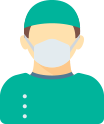
wearing a mask makes my allergies worse
Ми передаємо опіку за вашим здоров’ям кваліфікованим вузькоспеціалізованим лікарям, які мають великий стаж (до 20 років). Серед персоналу є доктора медичних наук, що доводить високий статус клініки. Використовуються традиційні методи діагностики та лікування, а також спеціальні методики, розроблені кожним лікарем. Індивідуальні програми діагностики та лікування.

wearing a mask makes my allergies worse
При високому рівні якості наші послуги залишаються доступними відносно їхньої вартості. Ціни, порівняно з іншими клініками такого ж рівня, є помітно нижчими. Повторні візити коштуватимуть менше. Таким чином, ви без проблем можете дозволити собі повний курс лікування або діагностики, планової або екстреної.

wearing a mask makes my allergies worse
Клініка зручно розташована відносно транспортної розв’язки у центрі міста. Кабінети облаштовані згідно зі світовими стандартами та вимогами. Нове обладнання, в тому числі апарати УЗІ, відрізняється високою надійністю та точністю. Гарантується уважне відношення та беззаперечна лікарська таємниця.




